
A Decade of Dedication to Bees and Beyond
-

My Love for Bees
I have a decade of dedicated experience in the world of beekeeping. Over the past 10 years, I have honed my skills, delving into the intricacies of hive management and nurturing thriving bee colonies. My commitment is evident in the rich, golden honey my colonies produce, showcasing both my expertise and passion for sustainable apiculture.
-
Why do you like working with bees?
Over the years, I have developed a profound connection with bees, admiring their intricate social structures and the vital role they play in our ecosystem. I find joy in the harmonious collaboration between humans and bees, where my care for bees manifests in the golden, liquid sweetness of honey. It's the delicate dance of nature, the constant learning, and the sense of stewardship for these essential pollinators that fuel’s my passion for beekeeping.
-

Its just a little sting!
Have I ever been stung? Well lets just say, I’ve been punched on the nose, smacked on the forehead, wacked in the legs, and had 20 beestings on the face due to a bad fitting veil and a very cranky hive!
I have also spent some time in hospital due to bee stings and have bounced forward with a clear understanding that every bee colony is different and needs to bee respected.
About Stuart
Nestled in the peaceful landscapes of Theresa Park, NSW, Stuart has spent the past ten years building his farm and his passion for beekeeping. As an experienced apiarist, he’s constantly learning and dedicated to sharing his knowledge with others.
Stuart’s interest in bees started a decade ago, and since then, he’s focused on perfecting his beekeeping skills. He’s especially experienced in managing bee diseases, handling swarms, and running an apiary. Stuart’s expertise and dedication was further underscored by his involvement with the Department of Primary Industries where he played a pivotal role in the frontline response to the varroa mite, showing his commitment to both safety and community -a challenge that demanded both expertise and agility.

Support Your Local Beekeeper
Experience the pure essence of nature with our golden, raw honey. Harvested directly from our local hives in the breathtaking beauty of Theresa Park, NSW, our honey is a true reflection of this pristine land.
Every jar is a golden treasure, capturing the essence of sunlight in every drop.
Workshops & Mentoring
Embark on a personalised beekeeping journey with our one-on-one workshop, led by expert beekeeper Stuart. He’ll tailor the session to your interests and skill level, ensuring a unique experience.
Dive into the fascinating world of beekeeping, gaining hands-on knowledge and building a deeper connection with your hive, all under the guidance of an experienced mentor.
Beekeeping Services
-

1 on 1 Workshop
Embark on a personalized beekeeping journey with our one-on-one workshop, led by expert beekeeper Stuart. He’ll tailor the session to your interests and skill level, ensuring a unique experience.
Dive into the fascinating world of beekeeping, gaining hands-on knowledge and building a deeper connection with your hive, all under the guidance of an experienced mentor.
-

Group Workshop
Join us for an interactive group beekeeping workshop, where we’ll customise the session to suit all skill levels and interests. Connect with fellow enthusiasts as you explore the fascinating world of beekeeping, gain hands-on experience, and learn about hive management and honey extraction. In a collaborative and supportive setting, you’ll deepen your connection with the hive and leave with both new knowledge and the sweet rewards of your efforts.
-

Swarm Collection
ntroducing our Swarm Collection Service—your reliable solution for handling unexpected bee swarms. As an experienced beekeeper, I’ll quickly and safely collect swarms, ensuring the gentle relocation of these essential pollinators to a suitable new home. Trust us to manage swarm situations with care and expertise, supporting bee well-being and maintaining the balance of local ecosystems.
-

Apiary Management
Skilled apiary management is key to maintaining healthy hives, preventing disease, and ensuring optimal foraging through strategic hive placement. I offer a comprehensive service to care for your beehives, monitor the wellbeing of your bee colonies, and assist with honey harvesting, helping you cultivate a thriving, sustainable apiary
-
Bee Guest Speaker
Enhance your event with our Guest Speaker Services, where knowledge and inspiration come together. Whether you're hosting a conference, seminar, or special gathering, I can provide captivating insights and expert perspectives as an experienced beekeeper. I’ll tailor a presentation to match your theme, engaging your audience with thought-provoking talks that leave a lasting impression and create a memorable experience
-

Bee Mentoring
As an experienced beekeeper, I’m passionate about sharing my knowledge with beginners, guiding you through the complexities of beekeeping. Through personalized mentoring, I’ll create a supportive learning environment to help you build the skills and confidence needed to become a successful beekeeper.
-

Hive Health
Prioritise the well-being of your bee colonies with our comprehensive care and disease management services. I can help you tackle common threats such as Varroa mite, American Foulbrood (AFB), European Foulbrood (EFB), wax moth infestations, chalk brood, and small hive beetle issues. With a focus on prevention and targeted treatments, I’ll work to ensure the health and longevity of your hives, safeguarding your beekeeping investment and promoting strong, disease-resistant colonies.
-

Neglected Hive Removal
I recognise the importance of handling abandoned or neglected beehives with care and expertise. Specialising in the safe and responsible removal of neglected hives from residential, commercial, and other locations, I offer a humane approach to relocating the bee colonies while minimising disruption to the environment. Our services include thorough hive inspection, removal, and relocation, ensuring the well-being of the bees and the safety of your property. With professionalism, respect for nature, and a commitment to sustainable beekeeping practices, I’ll handle neglected hives with the utmost care.
-

Honey Extraction & Wax Rendering
We offer a professional, seamless solution for beekeepers looking to harvest the sweet rewards of their colonies. Using state-of-the-art equipment and techniques, I carefully extract pure honey from the combs, preserving its natural flavuor and quality. In addition, we specialise in beeswax rendering, turning raw beeswax into premium-grade products. From candles to beauty items, our rendering process ensures high-quality beeswax for a variety of uses.
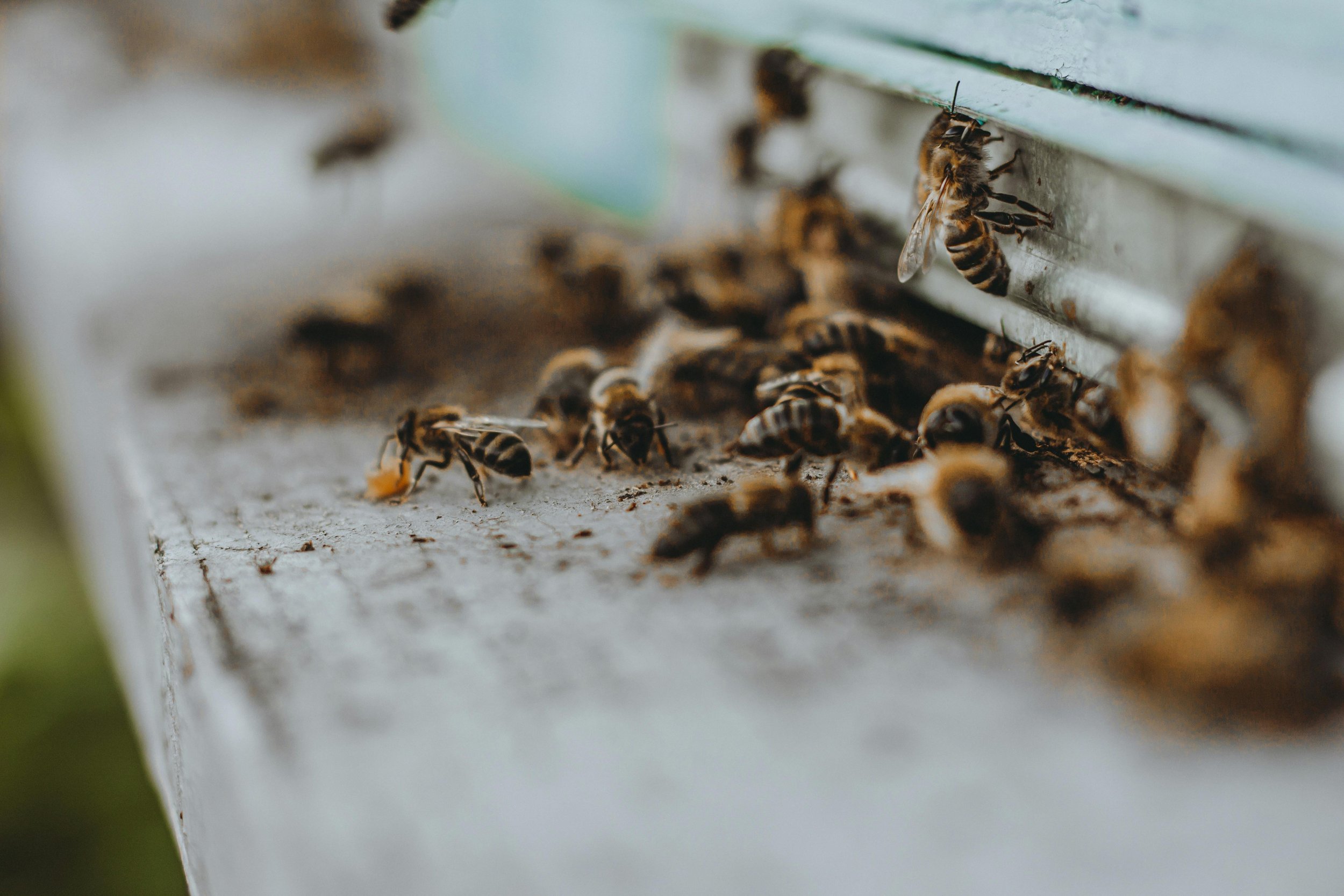
Stockists & Wholesale
We are currently stocked in a few stores around the Macarthur & Wollondilly region including:
The Cobbitty General Store
Village Cafe, Camden
The Camden Market - NAB Building
The Oaks Butcher
Camden Mower & Chainsaw Centre
Please get in touch if you would like to stock our honey and products in your store.

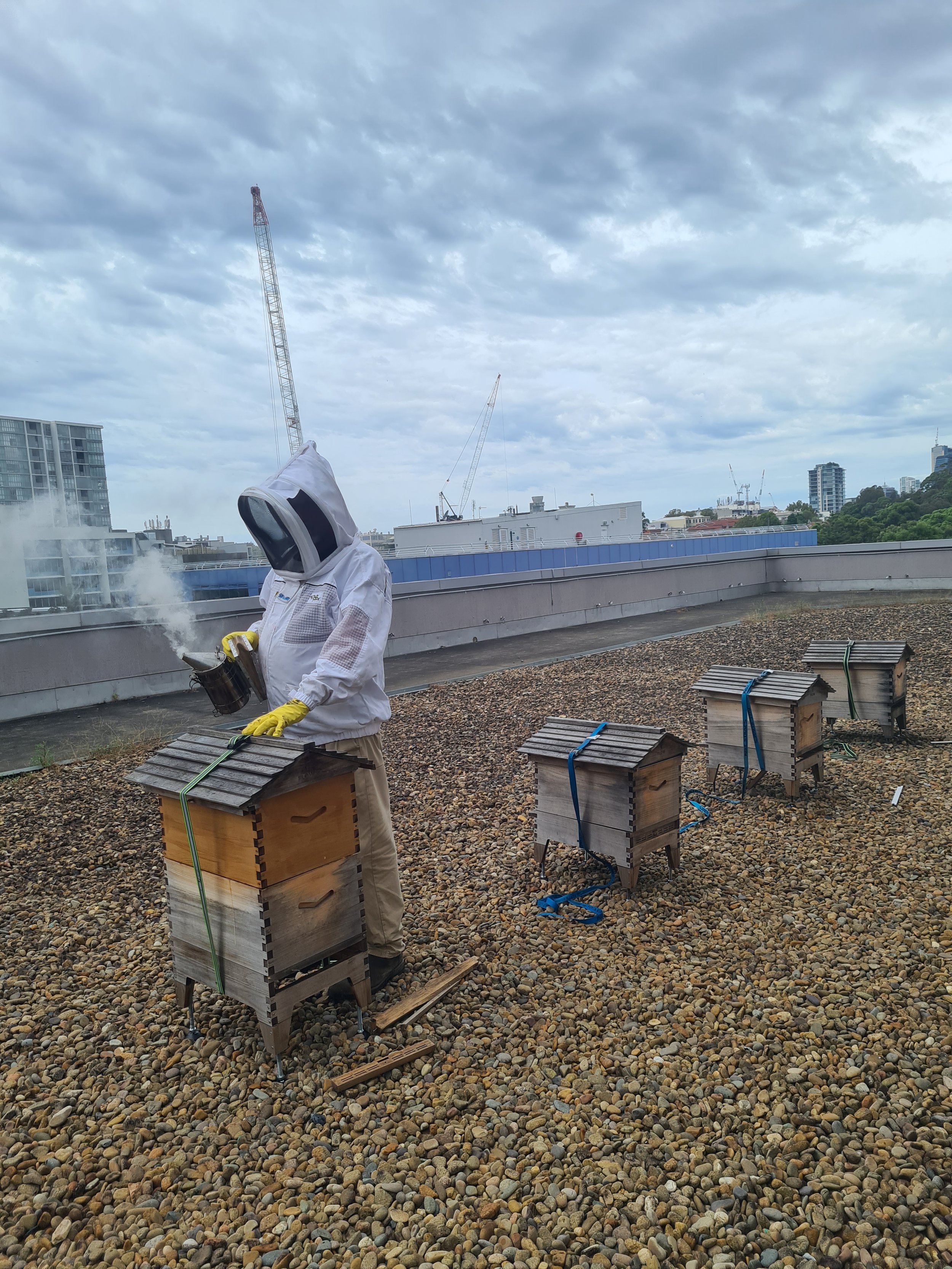

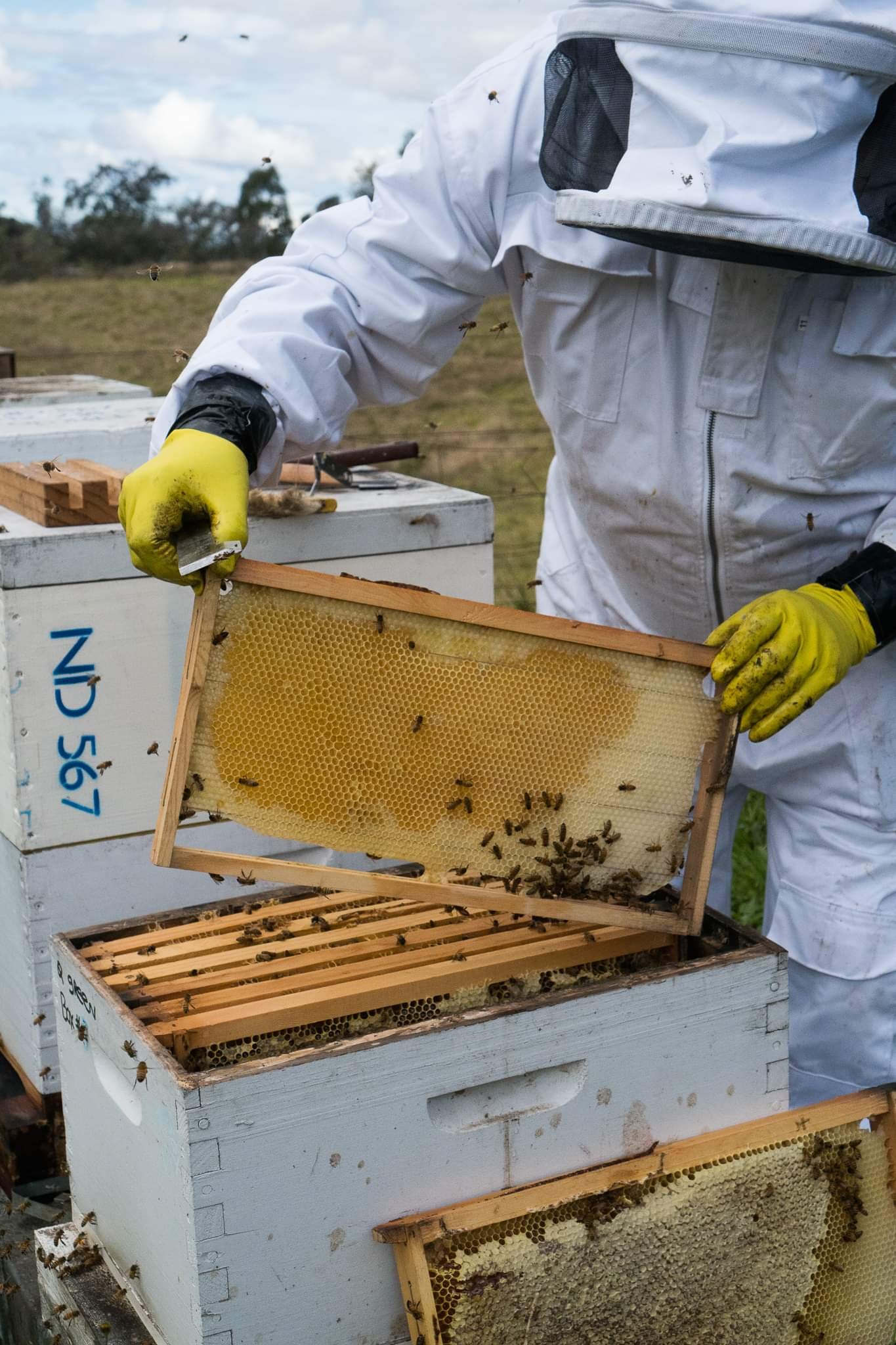


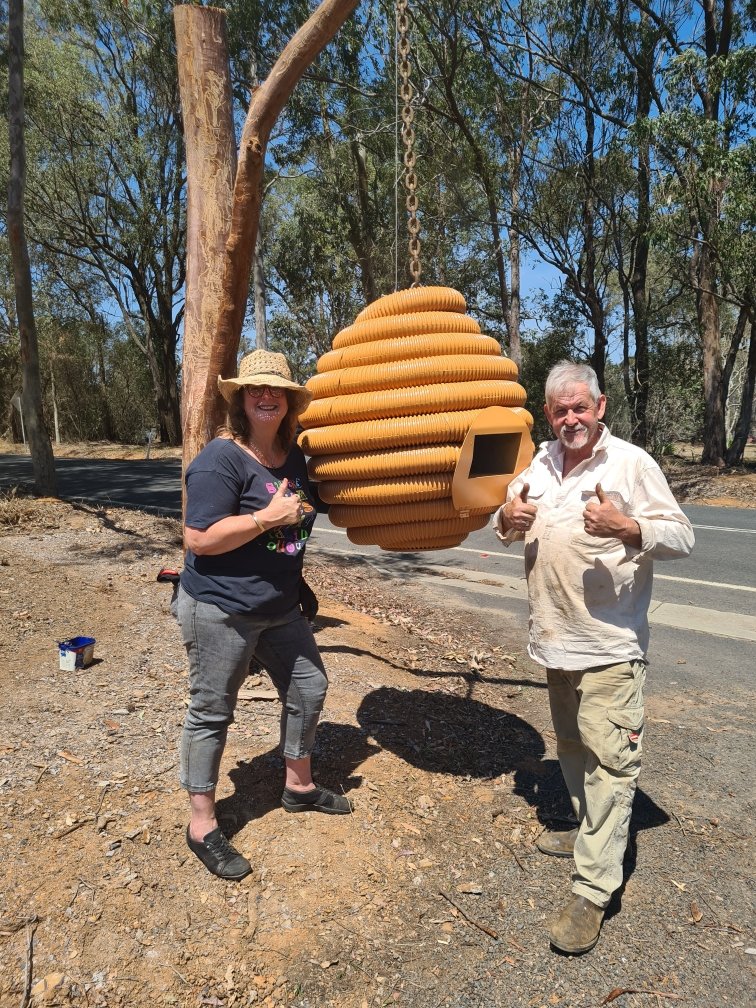

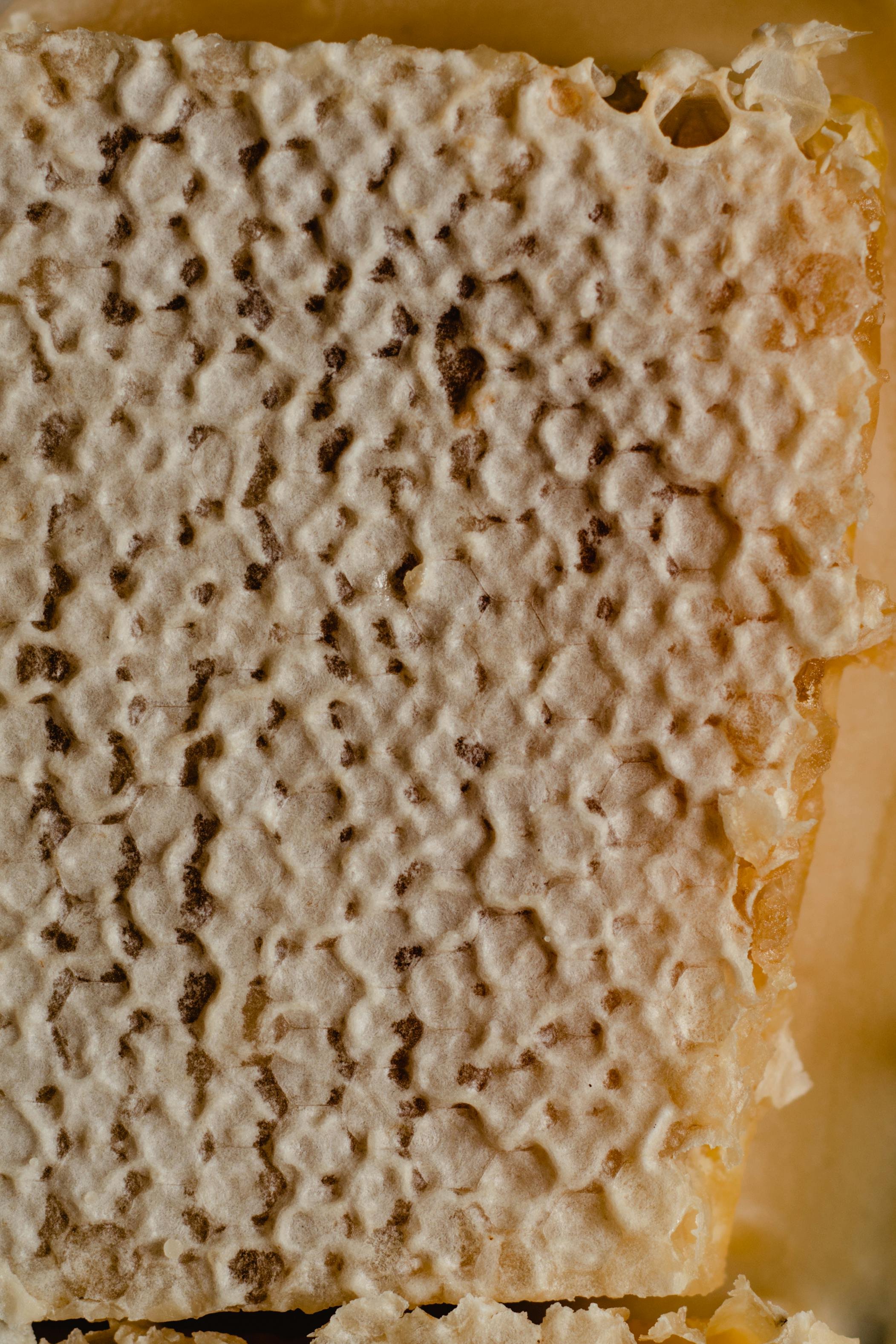
Learn About Honey!
-

Different Types of Honey
Honey comes in a delightful variety of flavors and colours, influenced by the nectar source from which bees collect pollen.
It can come in a variety of flavours and types such as Manuka Honey, Leatherwood Honey, Eucalyptus Honey, Jarrah Honey, Stringybark Honey, Yellow Box Honey, Macadamia Honey just to name a few.
Each type of honey comes with its own unique flavor profile shaped by the local flora and environment.
-

What Exactly is Raw Honey?
Raw honey is honey that has not been significantly processed or heated. It is essentially straight from the hive, with minimal filtering to remove large particles of wax or bee parts.
We carefully strain our honey to eliminate wax and hive remnants, preserving all-natural pollens, employing a gentle filtration process. It undergoes minimal warming, solely to facilitate smooth jar filling through a wide strainer, ensuring the honey retains its inherent enzymes, flavors, and aromas.
-
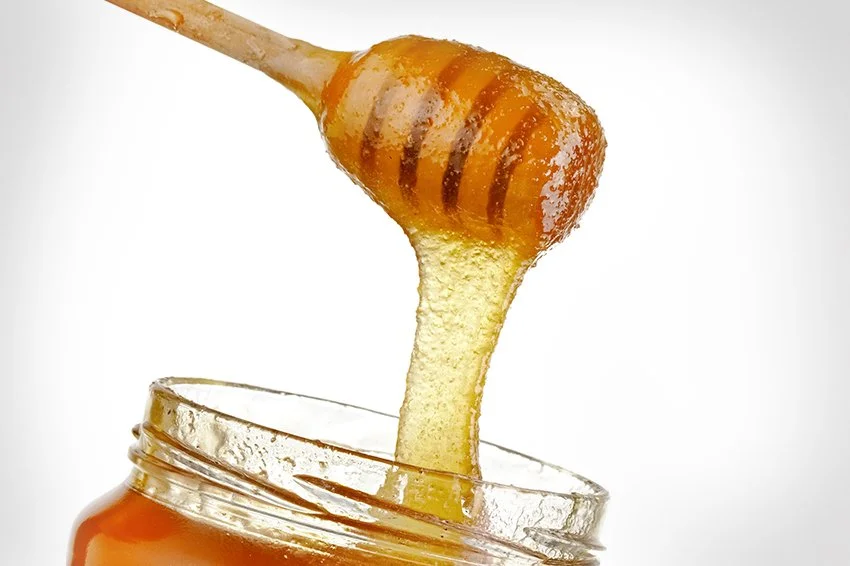
Crystalised Honey
In the cooler winter months, it's typical for pure honey to transition from a liquid to a semi-solid form.
Despite its granular texture, this natural occurrence preserves the honey's original flavor intact. Remarkably, there's no nutritional distinction between liquid and candied honey. In essence, crystallization serves as a hallmark of genuine 100% pure honey!
To liquefy crystallized honey, simply place your jar or bottle (with the lid on!) in a bowl of hot water, allowing it to gradually warm up.

How Do Bees Make Honey?
-

Why Do Bees Make Honey?
Bees create honey as a vital resource to support their hive, ensuring the survival of their queen and fellow bees during the winter months.
As the temperature gets colder not only do harsh weather conditions prevent bees from flying, but the availability of flowering plants drastically diminishes, leading to a scarcity of food sources. So during the warmer seasons, bees dedicate themselves to tirelessly gathering nectar and amassing honey reserves in preparation for the chilly days ahead.
Fortunately for us, bees will make more honey than the colony needs, so it is necessary for beekeepers to harvest the excess, which we bottle.
-

How do Bees Make Honey Exactly?
Bees craft honey from nectar sourced from the nectaries deep within flowers. This nectar serves as the primary carbohydrate source for bees. Comprising fructose, glucose, sucrose, and an array of nutrients from the plant, nectar is a rich carbohydrate solution.
During collection, bees mix the nectar with their saliva, imbuing it with essential enzymes. Upon returning to the hive, forager bees pass the nectar to their hive mates, a critical step in honey production. This intra-hive exchange facilitates the addition of further enzymes from the bees.
The bees then store the unripened honey in honeycomb cells. Over time, this raw honey matures, gradually thickening and intensifying in flavor. Ultimately, it transforms into the prized liquid gold enjoyed by both bees and beekeepers alike.
-

How Do You Extract The Honey?
To extract honey from a hive, we begin by preparing the hive, often using smoke to calm the bees and carefully removing beeswax caps from the honeycomb cells.
These capped frames are then placed in a honey extractor—a device that uses centrifugal force to spin the frames rapidly, extracting honey without damaging the comb.
Once extracted, the honey is typically filtered to remove any remaining debris before being allowed to settle in a tank or bucket to clarify.
After settling, the honey is then bottled for storage or sale, with beekeepers ensuring to leave enough honey in the hive to sustain the bees through the winter. Throughout the process, safety precautions are taken to minimize the risk of bee stings harming any bees.








